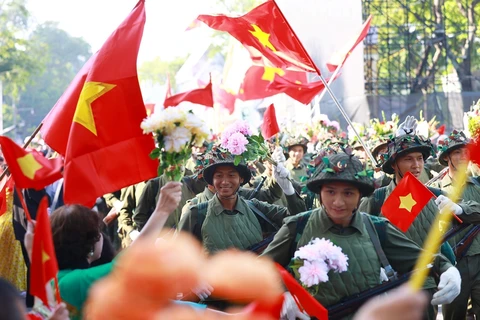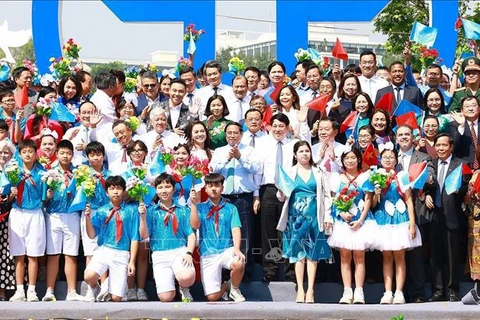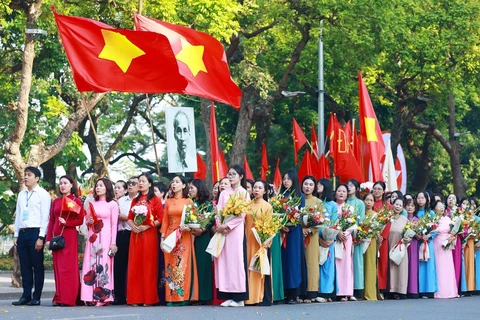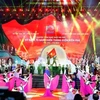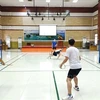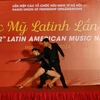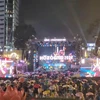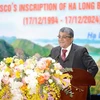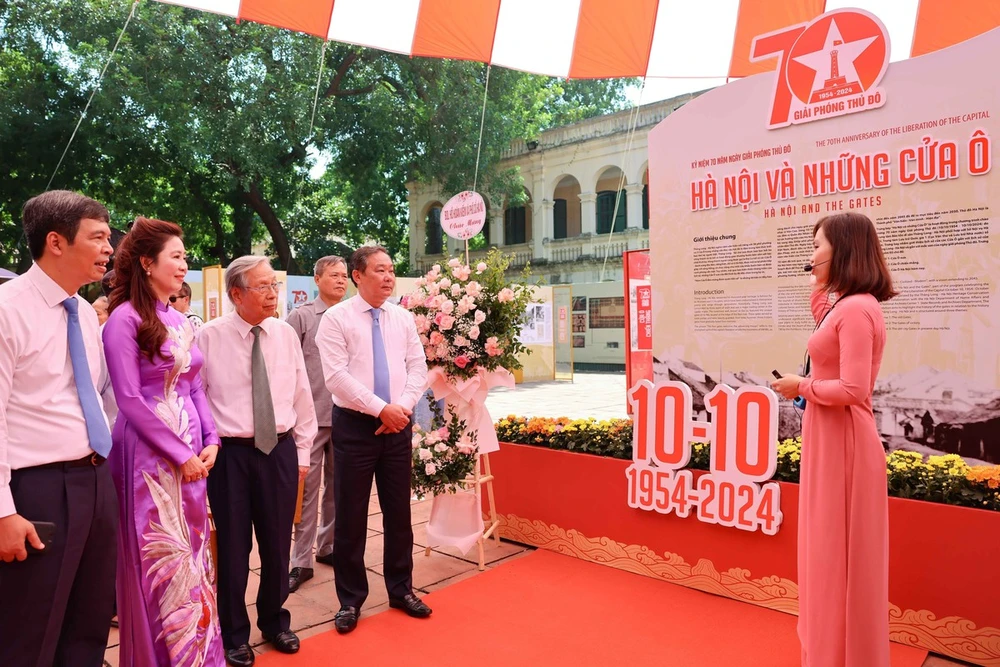
Hanoi (VNA) – Nearly 200 documents and photos featuring Hanoi’s ancient gates are being displayed at the Thang Long Imperial Citadel on the occasion of the 70th anniversary of the capital city’s Liberation Day (October 10, 1954-2024).
According to historical records, there was a wall with many gates surrounding the citadel, including Cau Giay, Cau Den, Cho Dua, Dong Mac, and Quan Chuong. Quan Chuong is the only remaining gate today while the others became public sites or were damaged during the wartime.
The exhibition, opened on October 7, gives an insight into daily activities of residents around the gates, while educating young generations about national traditions, and encouraging them to contribute more to building a modern, civilised capital city with long-standing culture.
Dang Thanh Tung, Director of the State Records and Archives Department, said the gates once witnessed various milestones in Hanoi’s history, notably the revolutionary troops marching into the city to take over it from the French forces on October 10, 1954.
Apart from the stories relating to the gates, the exhibits also capture Hanoi’s development over the past 70 years.
The Thang Long Imperial Citadel, which was included in the UNESCO list in August 2010, was a power centre for over a thousand years of Vietnamese history and unique evidence of Vietnamese civilisation during the development of monarchies in Southeast Asia and East Asia.
In 1999, Hanoi was presented with the “City for Peace” award by UNESCO in recognition of its contributions to the struggle for peace as well as its development that meets the organisation’s standards of equality in the community, the urban construction, living environment protection, culture and education promotion, and care for young generations. It also joined the UNESCO Creative Cities Network in the “Design” category in 2019./.
